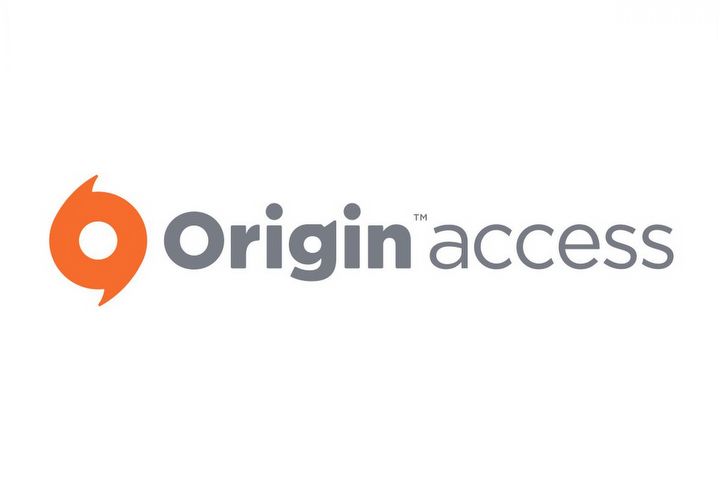EA: Streaming Will Bring in Another Billion Players to Gaming
One of the heads of Electronic Arts made it clear that in the coming years the company will invest heavily in cloud computing and video game streaming. The company believes that in this way it will be able to reach one billion new players around the world.
Game streaming and cloud computing are currently the hottest topics in the industry. Despite the last week's problematic debut of the strongly promoted Google Stadia, market leaders such as Microsoft (xCloud) and Sony (PlayStation Now) still seem to believe in and invest heavily in the future of streaming. Electronic Arts, which has been testing its own service of this type since September, so far known under the codename Project Atlas, is not far behind. Ken Moss, chief technology officer at EA, confirmed in an interview for gameindustry.biz that his company has no intention of taking last place in the race and will invest in streaming and cloud gaming.
Moss seems to believe that Electronic Arts has exhausted its potential for further growth and hopes that with streaming, his company will be able to reach a billion new consumers who have not previously been interested in digital entertainment or have not had the opportunity to play the largest productions created by the publisher. This is certainly about the inhabitants of dynamically developing countries in Africa and Asia, such as India, where classical PC and console gaming have not taken root too firmly.
"With streaming, our motivations are to be where the players are so that they can play our games wherever and however they want. Our actions are consistent with that. How cloud gaming evolves is uncertain right now, but it's going to bring in another billion players into the gaming world. We say we're at 2.6 billion or so right now. We want to make sure we're at the forefront, but also get the early learnings so we know how to change how we build our games in that world."
Unlike Google, which requires players to purchase particular games from its website, Moss prefers subscriptions that provide consumers with an extensive library of diverse titles. The advantages of this business model have been demonstrated by the success of the EA Access and Origin Access services.
"We've seen in other forms of entertainment that cloud streaming has been most effective when partnered with the subscription model. When those two come together is when the magic happens in other forms of entertainment. We see the same thing happening in gaming. We've been pushing forward on the subscription front pretty effectively. We have our PC subscriptions, we have an Xbox one, and now we have a PlayStation one. (...) We've been able to study what kind of behaviours people have. That will help us figure out what games to make and what games to partner with. (...) The truth is that people do like to play different games. Even hardcore fans of one franchise want to take a little vacation and try something else."

With services like EA Access and Origin Acces, Electronic Arts has convinced itself to trust in subscribtions.
Moss is also convinced that the streaming revolution will affect the shape of the company's games. With the computing power of cloud servers, developers will gain additional capabilities, allowing them to use advanced graphics effects or complex physics of 3D objects, which is impossible to achieve on standard PCs or consoles. For example, EA mentioned Battlefield games and their destruction systems, which can potentially be significantly expanded by this technology.
According to Moss, the potential of a cloud can also increase the complexity of AI and the size and level of details of virtual worlds, and thus the player's imersion. Of course, such solutions remain, for the time being, in the far future. It is worth mentioning that Microsoft assured of the incredible power of Azure's servers a few years ago, but the effects of these promises has yet to see the light of day. For the time being, Electronic Arts is using the cloud for its internal purposes. It facilitates and accelerates the interactions between different development teams and their joint work on many new projects.
EA also knows that it doesn't have the same infrastructure and resources as Google or Microsoft to enable it to quickly implement all its plans. The company will therefore continue to work with all its existing partners to ensure that its games are available in as many locations as possible. So there is no fear that the biggest hits of the publisher will be streamed only in one place.
- 3 games on Xbox Game Pass. Among the biggest 2025's surprise is a new release from 11 bit studios and a mining action game
- All about Battlefield 6 (BF6) ''Connecting to Online Services'' issue
- Latest installment of the iconic series on Xbox Game Pass. It's one of the four key brands of Warner Bros. Games
0
Latest News
- End of remote work and 60 hours a week. Demo of Naughty Dog's new game was born amid a crunch atmosphere
- She's the new Lara Croft, but she still lives in fear. Trauma after Perfect Dark changed the actress' approach to the industry
- „A lot has become lost in translation.” Swen Vincke suggests that the scandal surrounding Divinity is a big misunderstanding
- Stuck in development limbo for years, ARK 2 is now planned for 2028
- Few people know about it, but it's an RPG mixing Dark Souls and NieR that has received excellent reviews on Steam, and its first DLC will be released soon


